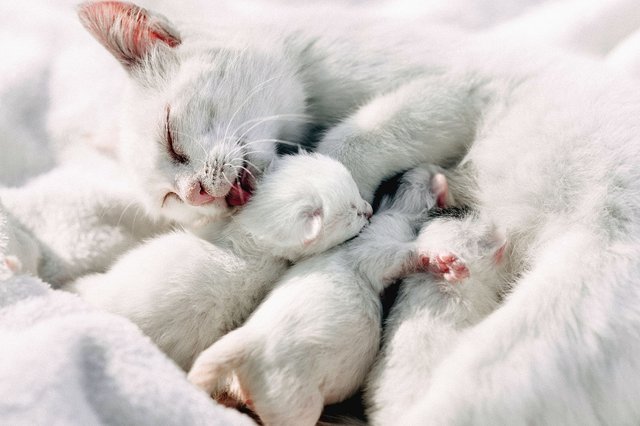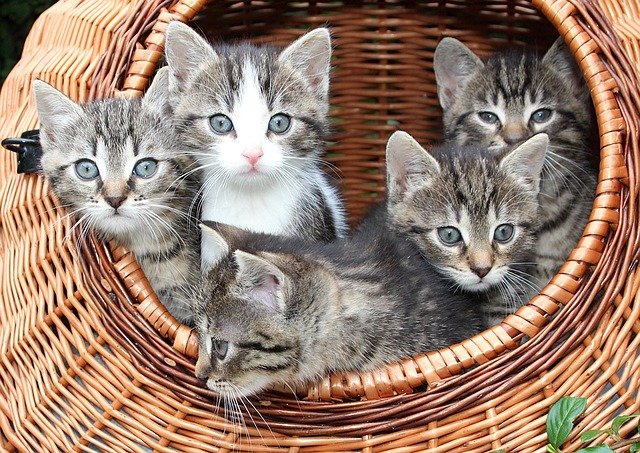Top Questions You Should Ask Cat Breeders
Once you have decided to purchase a purebred cat and selected the breed, how do you decide where to buy your new family member? Here are a few questions to ask and things to consider.
Is the breeder a member of one or more of the various associations? Are the litters registered? What is the health history of the prior generations?
Ask to meet the kittens' parents. If you are buying a kitten, has it had its shots (get a written record of the vaccinations received, including the specific brand of vaccine) and been checked over by a vet? Have both parents been checked and declared negative for Feline Leukemia and FIV? Many breeders administer vaccinations themselves but do have a vet check the kittens at some point. What kind of health guarantee will the breeder offer in their sales agreement?

Is the price of the kitten substantially higher or lower than the amount charged by other breeders for similar kittens?
Prices may vary from breed to breed for kittens, but most breeders of a specific breed will usually sell pets for about the same amount. If the kitten or cat is significantly less expensive than kittens of that breed from all other breeders, ask why. If there is no logical reason - just "that's what I charge" - stay away. Likewise, if the cat seems to be significantly more expensive compared to other breeders, stay away. Be careful of a breeder who charges significantly more for a "rare" color or pattern. Many times, the rare colors and patterns are not yet accepted by the registering organizations and actually should be sold at a lower price.
Is the breeder currently showing cats of that breed? If not, why? If yes, are they performing well (winning)?
If the breeder is changing breeds, ask why. Do they have health problems in the breed they are getting out of? Are they in a judging program and required to breed and show several breeds of different types and don't have room to keep a large number of cats? How do they look in comparison to others of the breed that is being shown? Most cat breeders are breeding animals to attain the standard of the breed as set forth by one of the registries or associations (CFA, TICA, ACFA, CFF, etc.) and the only way you can know that the breeder is doing a good job in that respect is whether or not the cats in the cattery are judged well at shows.

Request references, both a veterinarian and previous kitten buyers. Contact these references. Ask buyers of kittens or cats if they would purchase from this breeder again. If they say no, ask why - was it the wrong breed for them or were there problems dealing with the breeder?
Go see the breeder's cattery operation in person. It should be clean and the animals should be healthy (no runny noses or eyes and no sneezing) and display good temperament. Ask which organizations the breeder registers kittens with. Breeders may be members of more than one of the associations. Many of the registries also maintain records of complaints filed against breeders or have taken action against them for violation of various organization rules or ethics.
What kind of agreement will the breeder request you to sign?
If you are purchasing a pet kitten or retired show or breeding cat, you will be required to spay or neuter the animal or it will already have been done. Most often, the breeder will withhold the pedigree and registration papers until a receipt for the surgery is presented. Registrations will be filed with the association indicating the animal being sold cannot be used for breeding. If you are considering an animal of show or breeding quality and anticipating breeding and showing, a much more specific contract may be needed, possibly including control of the cat or breeding lines your cat can be mated with. Almost all agreements will require that the cat is kept indoors, receive good quality care, regular veterinary care and not be declawed. Many will also request that the breeder is contacted first if the cat has to be given up for any reason. Good luck and chose wisely.